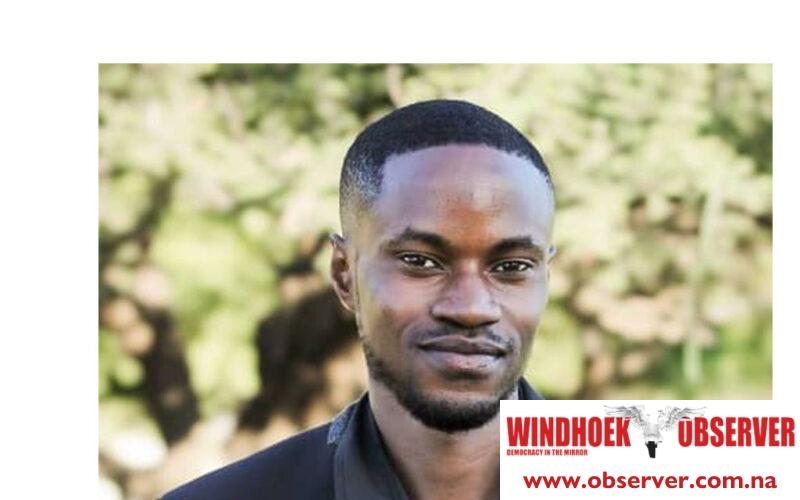Tomas Nashongo
As a point of departure Frantz fanon posits that reality requires total comprehension. In society a black man who acts, dresses and enunciates his words like a white man is considered well-articulated and educated. Subsequently a white man imitating a black man is rather uncommon. In turn racism is fundamentally about racial hierarchy and power.
The misconception comes in when racism is abruptly defined as verbal discrimination based on skin color, racism has to do with systematic power. Systematic power hosts racism through various practices and policies in society and institutions . Such as how the Namibia legal system has Roman Dutch law software which thus shows long standing power patterns of white supremacy as the Namibian man is prosecuted according to Dutch conduct.
Furthermore, a black person not being able to be racist does not mean their capacity to verbally discriminate but rather theoretically are unable to because of existing power structures and hegemony. Where racism has a lot to do with superiority of race due to colonialism and the slave trade black people are disadvantaged in proportion to white . In most African black families if one traces back 2 generations their ancestors were living in a hut or shack.
A fundamental observation is the red line act introduced in Namibia in 1896 which is a veterinary cordon fence created by the Germans . It is a demarcation mechanism created to pardon beef from the northern part of Namibia from the rest of the country ,as an apparent protection from the spread of illnesses such as animal lung and mouth disease. Evidently this shows continued oppression and long-standing power system as this was a creation of the colonialist whites. The black man from the north is yet not pardoned from a colonizers law even after 34 years of independence.
Being does not equate black with being powerlessness rather that , their power is situational. Discrimination and racism are different terms and only when we unlearn and relearn can we consciously bisect and understand the difference.
Tomas Nashongo is a recent Political science graduate from the university of Namibia




